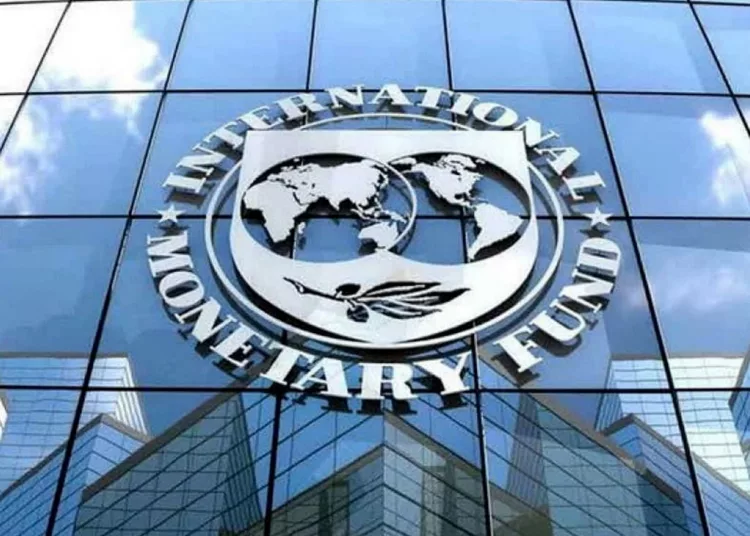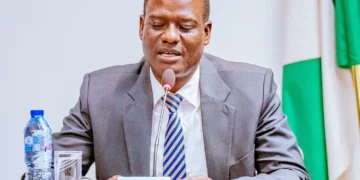International Monetary Fund has warned that Nigeria’s macroeconomic outlook remains clouded by major uncertainty, even as it acknowledged recent reforms aimed at stabilising the economy and fostering growth.
In a statement issued at the conclusion of its Article IV consultation mission to Nigeria yesterday, the IMF said while the authorities had taken important steps to enhance resilience, such as ending central bank financing of deficits, removing fuel subsidies, and improving foreign exchange market operations, key challenges persist.
“The outlook is marked by significant uncertainty,” said Axel Schimmelpfennig, head of the IMF delegation. “Elevated global risk sentiment and lower oil prices impact the Nigerian economy.”
Despite structural reforms initiated since 2023, the Fund emphasised that Nigeria remains vulnerable to external shocks and domestic inflationary pressures. Inflation remains high, and gains from reforms have yet to trickle down meaningfully, with poverty and food insecurity still widespread.
In its preliminary findings, the IMF recommended a continued tight monetary policy stance to help guide inflation downward and stabilize the macroeconomic environment.
“A tight monetary policy stance is required to firmly guide inflation down,” Schimmelpfennig noted. He praised the Central Bank of Nigeria’s (CBN) data-driven approach and called for a clearly communicated disinflation path to anchor expectations.
The Fund also urged the Nigerian authorities to ensure that fiscal savings from subsidy reforms are directed toward the national budget to protect priority spending and social safety nets. It noted that a neutral fiscal stance would complement monetary tightening efforts, particularly in a context of falling oil revenues.
During the mission, the IMF team met with top Nigerian policymakers including finance minister Wale Edun, CBN Governor Yemi Cardoso, and officials from key ministries and civil society. A final report will be submitted to the IMF Executive Board for review.
The Nigerian government has indicated its intention to implement the 2025 budget in a way that reflects global oil market realities, while maintaining investment in infrastructure and expanding cash transfer programs for the most vulnerable.





